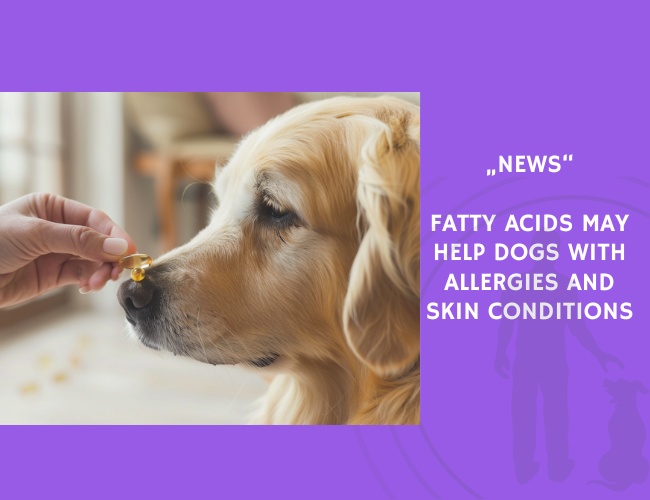Essential fatty acids like evening primrose oil and fish oil may reduce inflammation and improve skin health in allergic dogs, according to early but influential research.
Veterinary dermatologists have long sought safer, more natural treatments for chronic skin conditions in pets. A landmark 1989 paper by D. Lloyd offered compelling early evidence that essential fatty acid (EFA) supplements—particularly gamma-linolenic acid (GLA) from evening primrose oil and eicosapentaenoic acid (EPA) from fish oil—could play a vital role in managing skin inflammation in dogs and cats.
EFAs are crucial for maintaining the skin’s barrier function and for producing compounds that regulate inflammation, such as prostaglandins and leukotrienes. While human studies had already shown GLA’s benefit in treating atopic conditions, Lloyd’s paper was among the first to show similar anti-inflammatory effects in dogs with allergic dermatitis and dry, flaky skin.
The results indicated that EFA supplementation improved coat condition and reduced signs of allergic skin disease in dogs. Additionally, the findings pointed to a potential role in treating seborrhea and other inflammatory conditions in cats, although further research was recommended.
This foundational work helped pave the way for the widespread use of omega fatty acid supplements in companion animal dermatology, offering a gentler alternative to steroids and antihistamines for many pets.










